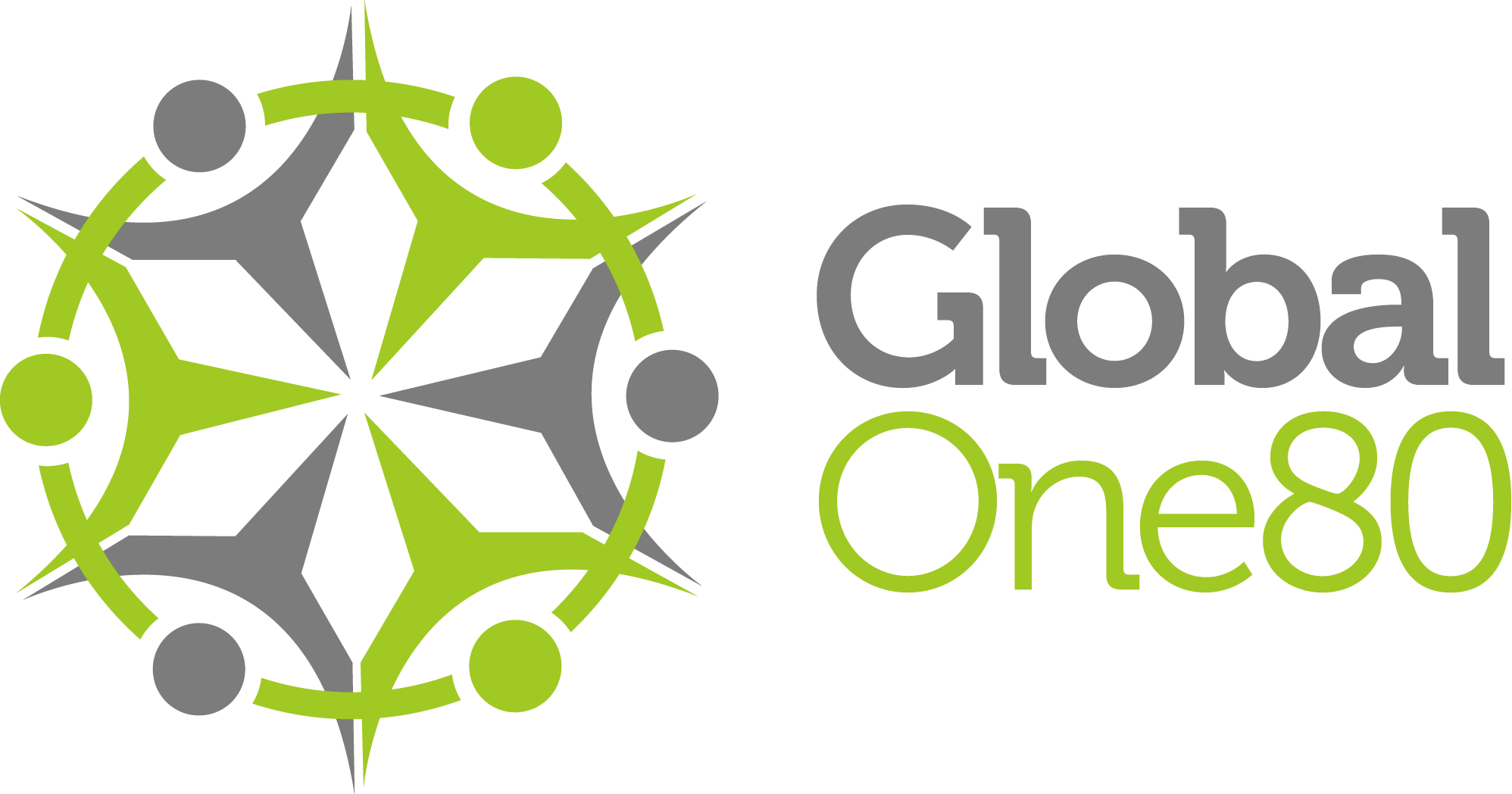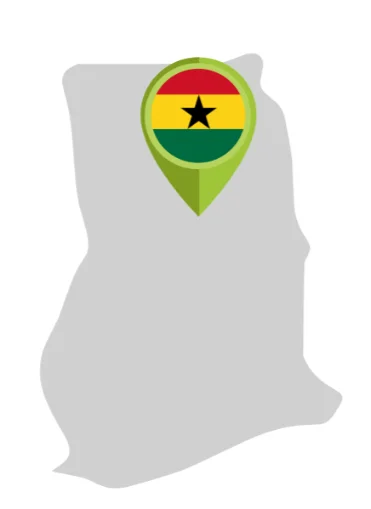The Kingdom of Dagbon in the north and the Bonoman in the south were the first kingdoms to establish themselves in Ghana; the former lasted until the eleventh century. Over the ages, the southern Akan kingdoms, including the Ashanti Empire, came into being. Before the British finally took control of the coast by the 19th century, the Portuguese Empire and other European nations began to vie for trading rights in the region in the 15th century.
The country’s present borders, which include four distinct British colonial territories—the Gold Coast, Ashanti, the Northern Territories, and British Togoland-formed after more than a century of colonial resistance. Within the Commonwealth of Nations, these were combined into a single, autonomous dominion. Ghana became the first colony in Sub-Saharan Africa to attain sovereignty, or independence, on March 6, 1957. It gained traction in the Pan-African movement and decolonization initiatives under President Kwame Nkrumah.
Although the Akan are the largest ethnic group in Ghana, there are many different linguistic and religious groups that make up the country’s multiethnic population. The president of Ghana, a unitary constitutional democracy, serves as both the head of state and the head of government. Ghana placed fifth in the 2012 Fragile States Index and seventh in the 2012 Ibrahim Index of African Governance for political stability in Africa.
Because it has one of the most stable and free administrations on the continent since 1993 and does rather well in the areas of healthcare, economic growth, and human development, it has a big impact on both West Africa and Africa overall. Being a founding member of the African Union and the Non-Aligned Movement, as well as a member of the Group of 24 and the Commonwealth of Nations, Ghana has a high level of integration in international affairs.

